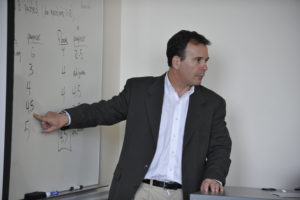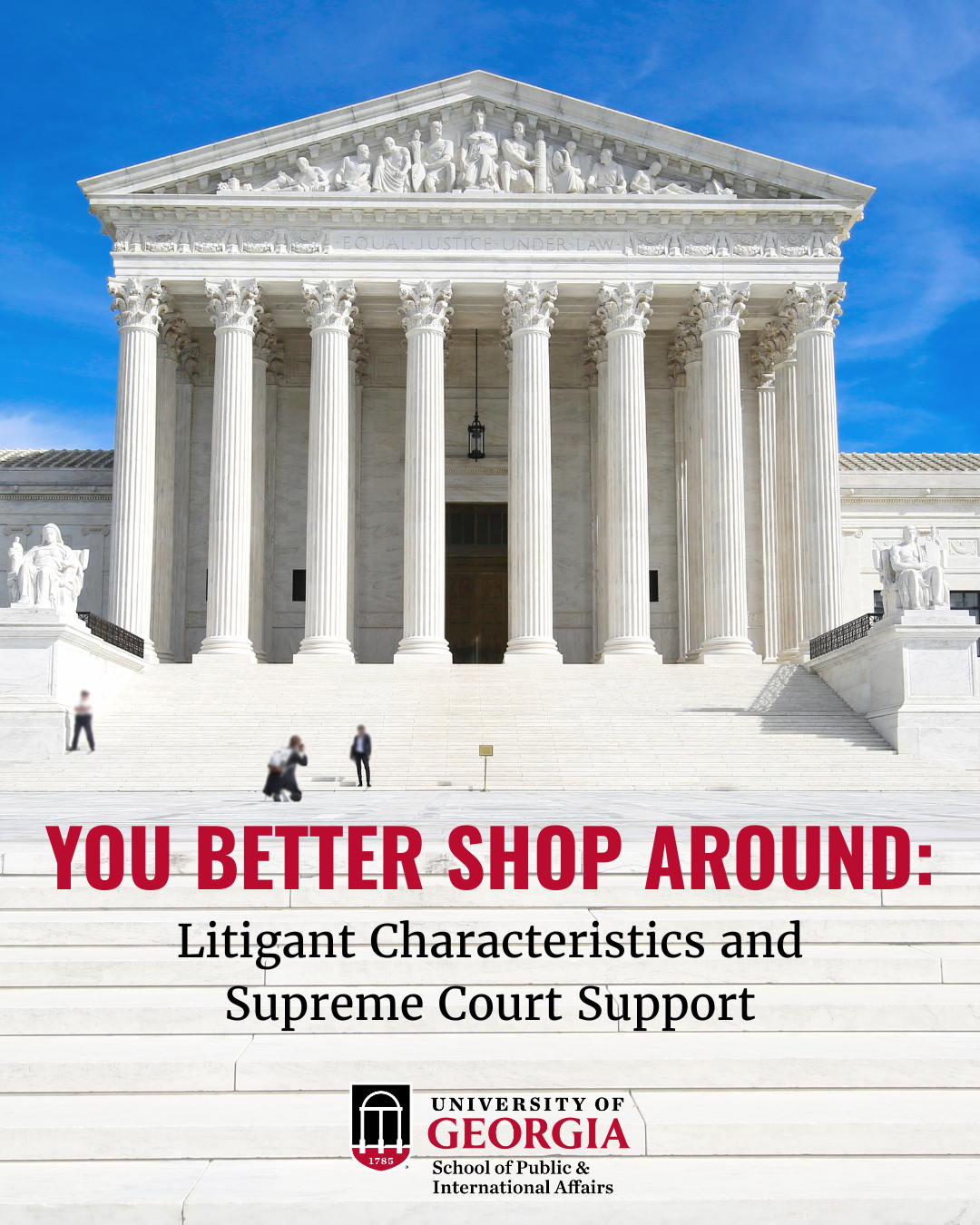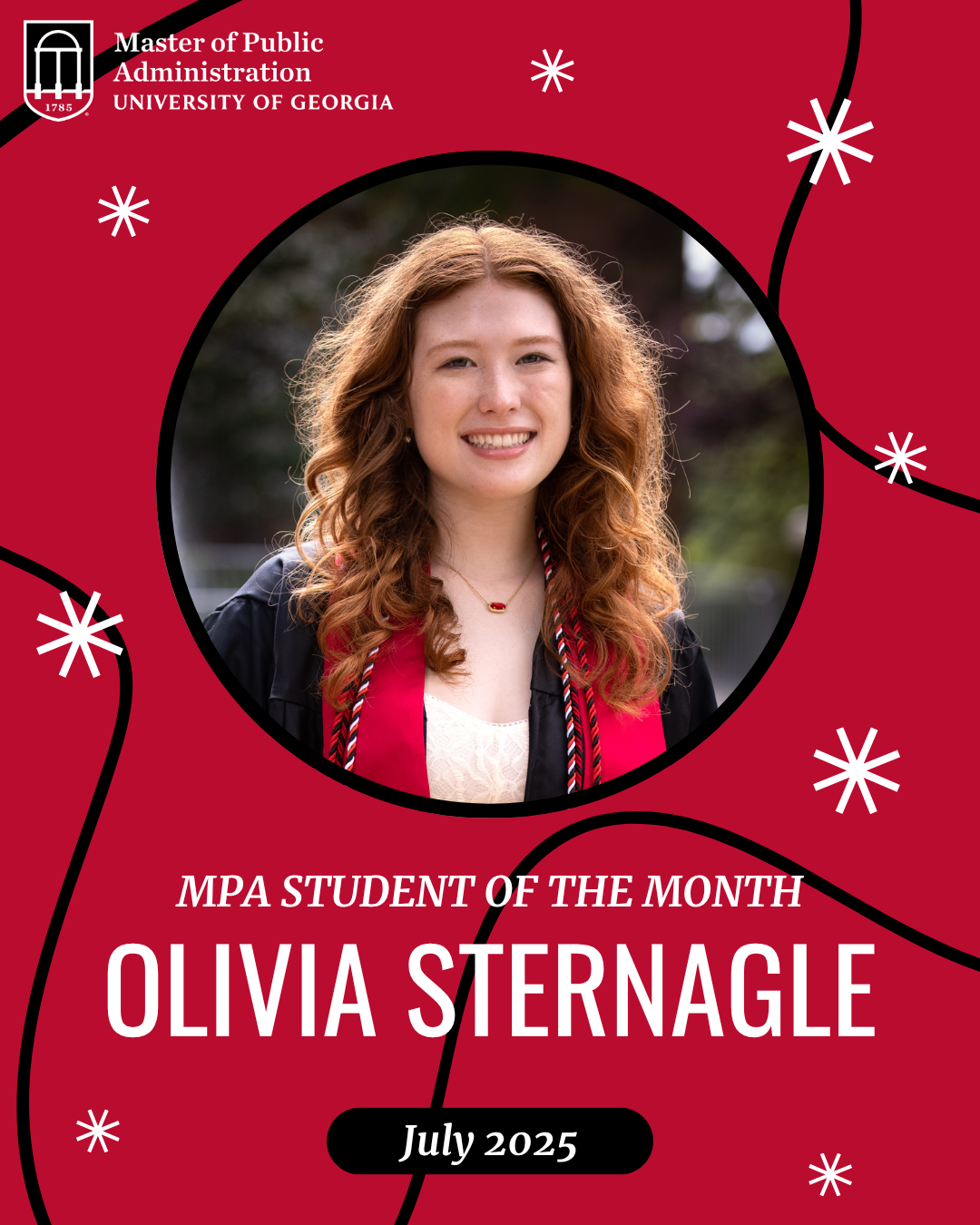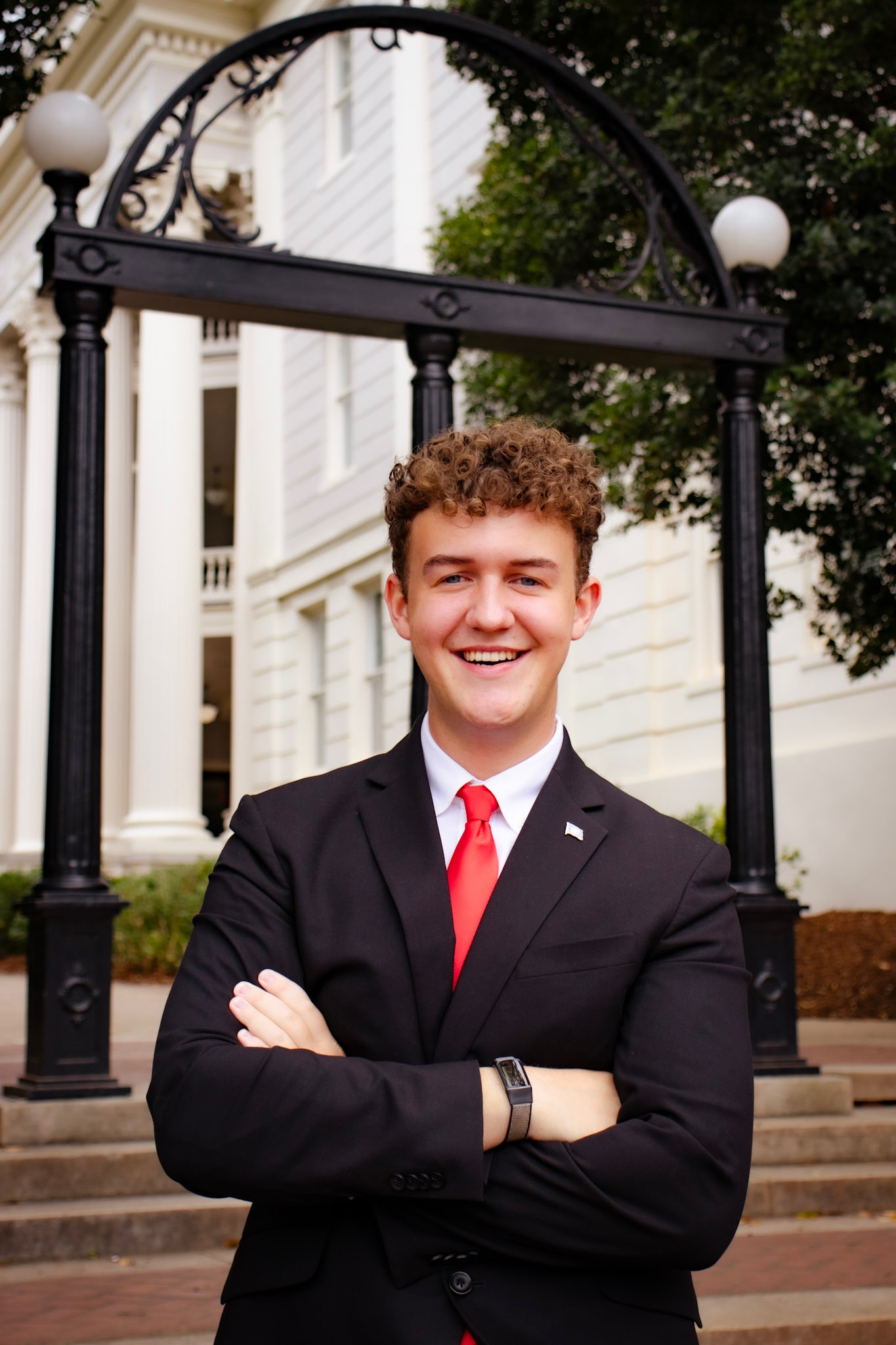
By: Rachael Andrews
Dr. Keith Dougherty, professor of political science at the School of Public and International Affairs, spoke at former President James Madison’s Montpelier estate in Virginia in October. Dougherty presented his research, “Success at the Constitutional Convention,” as part of an invited mini-conference on the role of James Madison in the American Founding, organized by the James Madison Program at Princeton University and the Robert H. Smith Center for the Constitution at Montpelier.
Dougherty’s research—co-authored by Aaron Hitefield, a graduate student in SPIA—focuses on what made delegates successful at the 1787 Constitutional Convention. Their research ultimately found that context—who is present, the type of issues they needed passed, etc.—had a much bigger impact on who was successful than previously thought.
“We all think that the Constitutional Convention was a big success, but not all of the delegates got everything they wanted. James Madison wanted both branches of the legislature to have proportional representation, and he only got it in one [branch],” says Dougherty. Madison also hoped to secure a universal negative on state laws. The idea was that the federal government would have the ability to veto any state law, which did not pass either.
“If you look at the list of delegates, some of them were more successful than others at getting what they wanted,” Dougherty explains. “What our paper is trying to do is understand what factors helped them be more effective at the Constitutional Convention.” Rufus King, another delegate at the 1787 Constitutional Convention, had the highest percentage of motions passed, but he made few motions, so he may not have had the same impact as James Madison who had a smaller percentage of his motions accepted but proposed many times.
In the current legislative literature, researchers posit that innate ability (legislative skills that come with seniority) and institutional roles (leadership positions such as chair of a committee) improve the chances that a delegate will get their ideas passed. However, Dougherty found that neither of those reasons accurately explained who were the most successful delegates at the 1787 Constitutional Convention.
“There were a few things that could affect a delegate’s success rate. One thing is their age in a funny way, but not in a predictable way,” Dougherty says. “Legislative experience had no effect, which goes against this innate ability hypothesis.” Further, chairing committees made a delegate more successful, but not in the way posited by those who support the institutional role hypothesis.
Dougherty emphasizes that everything concerning this topic seems to depend on context, “Success depends on who’s there and what they’re trying to change.”
For instance, due to the Great Compromise, Federalists were much more successful in getting their motions passed after the compromise took place, rather than before.
Dougherty says that this type of historical and situational context is largely missing from the current legislative literature.
“Researchers may not consider context when they measure who is effective and who is not,” Dougherty explains. “Committee chairs could be successful only because they are popular, senior guys, not because of their institutional role as an agenda-setter.” Since committees were made on an ad hoc basis at the Convention, the effect of being a committee chair likely has more to do with fame and notoriety than with the institutional role as a chairman.
Such insights may help researchers better understand political success in other assemblies as well. Rather than assume that agenda power makes committee chairs in Congress successful, researchers must consider that chairs’ success may result from more level-headed and widely accepted ideas. Considering context in this way might help researchers better understand the relative effectiveness of politicians in general, and why delegates such as Rufus King and Oliver Ellsworth, passed a greater proportion of their proposals than delegates whose names are now synonymous with the Constitution, such as James Madison and James Wilson.









